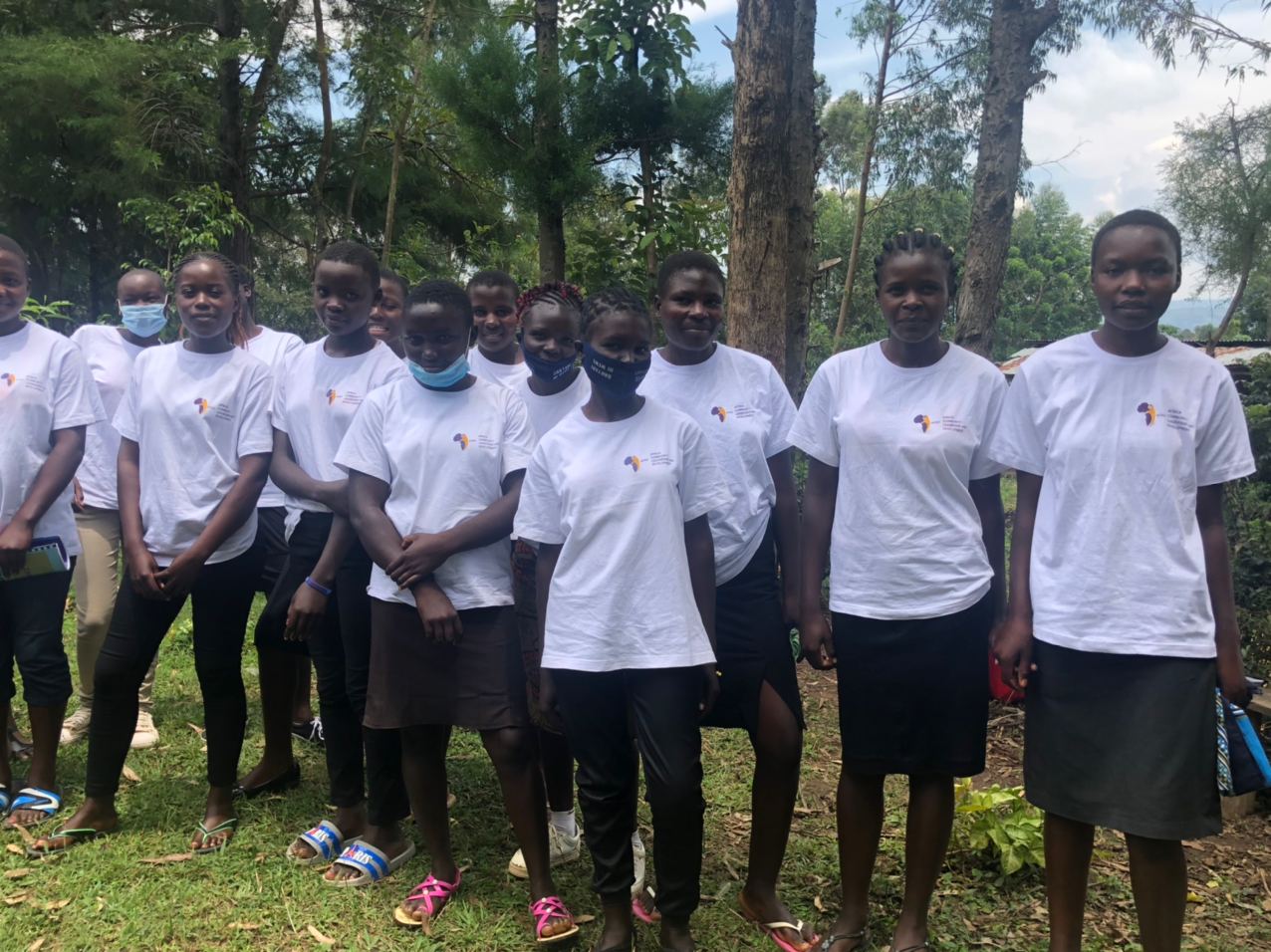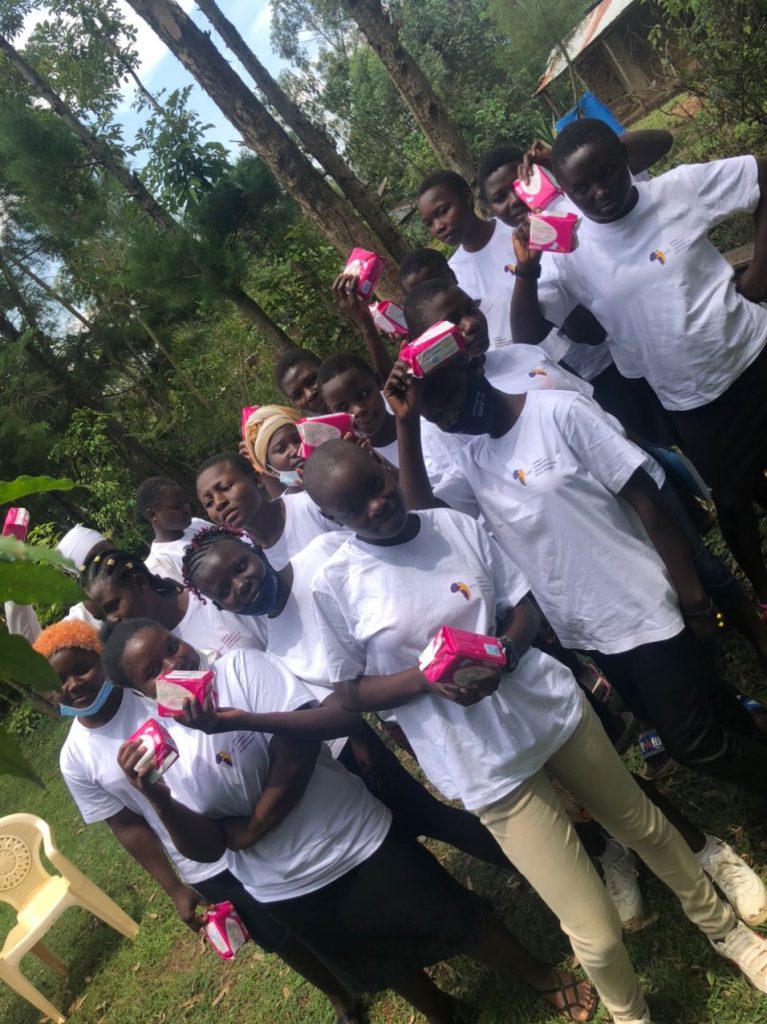Importance of life skills enhancement among adolescents

“Nothing for us without us!” Importance of life skills enhancement among adolescents
The World Health Organization has defined life skills as the abilities for adaptive and positive behaviour that enable individuals to deal effectively with the demands and challenges of everyday life. UNICEF adds to this definition that life skills involve a behaviour change or behaviour development approach designed to address a balance of three areas: knowledge, attitude and skills. Simply put, life skills are those abilities that help promote mental well-being and competence in young people as they face the realities of life.
UNICEF, UNESCO and WHO list the ten core life skill strategies and techniques needed by adolescents as: problem solving, critical thinking, effective communication skills, decision-making, creative thinking, interpersonal relationship skills, self-awareness, empathy, and coping with stress and emotions. These are the skills that enable the adolescent to make rational decisions in problem solving as well as help them institute productive interpersonal relationships. Ramesht and Farshad (2006)[1] in their study in Iran proved the effectiveness of like skills training in increasing mental and physical health as well as pro-social behaviour and decrease in self-destructive behaviours and social problems. Life skills training and enhancement is beneficial to adolescents-both boys and girls as it helps them develop self-confidence and be able to deal with life changes and challenges of adolescents such as discrimination and bullying. Life skills pave way for personal and social development.

By cultivating self-awareness and effective communication skills, adolescents can develop expertise and make positive contributions to the community by asserting their rights and understanding their responsibilities, as they prepare for adult life. These, together with interpersonal relationship skills, and empathy are social skills which enable the adolescent to function effectively and productively in society as they fulfil their social roles. In addition, self-awareness can help adolescents identify times and situations that make them stressed or feel pressured. Because empathy is imagining what life is for another individual, or being in the other person’s shoes, this encourages the adolescent more understanding and sympathetic towards those different from them and gives them a better understanding of the diversity –cultural, ethnic, physique- that exists between individuals.
Decision-making, problem solving, critical thinking and creative thinking can be put together as the ‘thinking skills’ related to certain strengths in intellectual abilities at an individual level. These expose the adolescent to a wide range of abilities such as critically analyzing information and experiences in an objective manner and gauging factors influencing their behavior such as their values or media. They also give the adolescent an avenue to think creatively, come up with original, out-of-the-box ideas when it comes to problem solving.
Coping with stress and emotions are the ‘emotional skills’ that help the adolescent to be independent and responsible for their actions as well as the consequences of negative or destructive behavior. Learning these emotional skills is important for adolescents as it allows them to be able to identify and manage their own internal conflicts, emotions, stress (and stressors) and feelings and enable them to resist both peer and family pressure which tends to be high during adolescent years.
By learning these new life skills, adolescents increase their understanding of the world around them and equip themselves with the tools they need to live a more industrious, productive and fulfilling life, thereby finding ways to best handle the challenges of life.
Catherine Muteithia
ACLAD Media Consultant
[1] Ramesht, M., & Farshad, C. (2006). Study of life skills training in prevention of drug abuse in students. Lecture, The 3rd Seminar of Students Mental Health; Iran University of Science and Technology.
